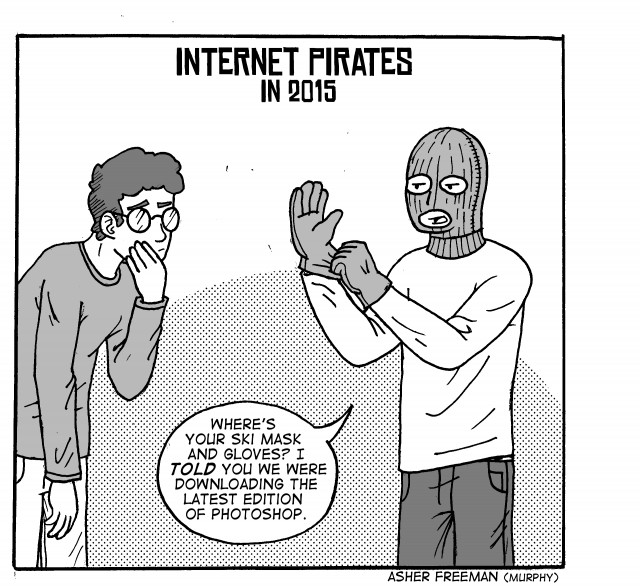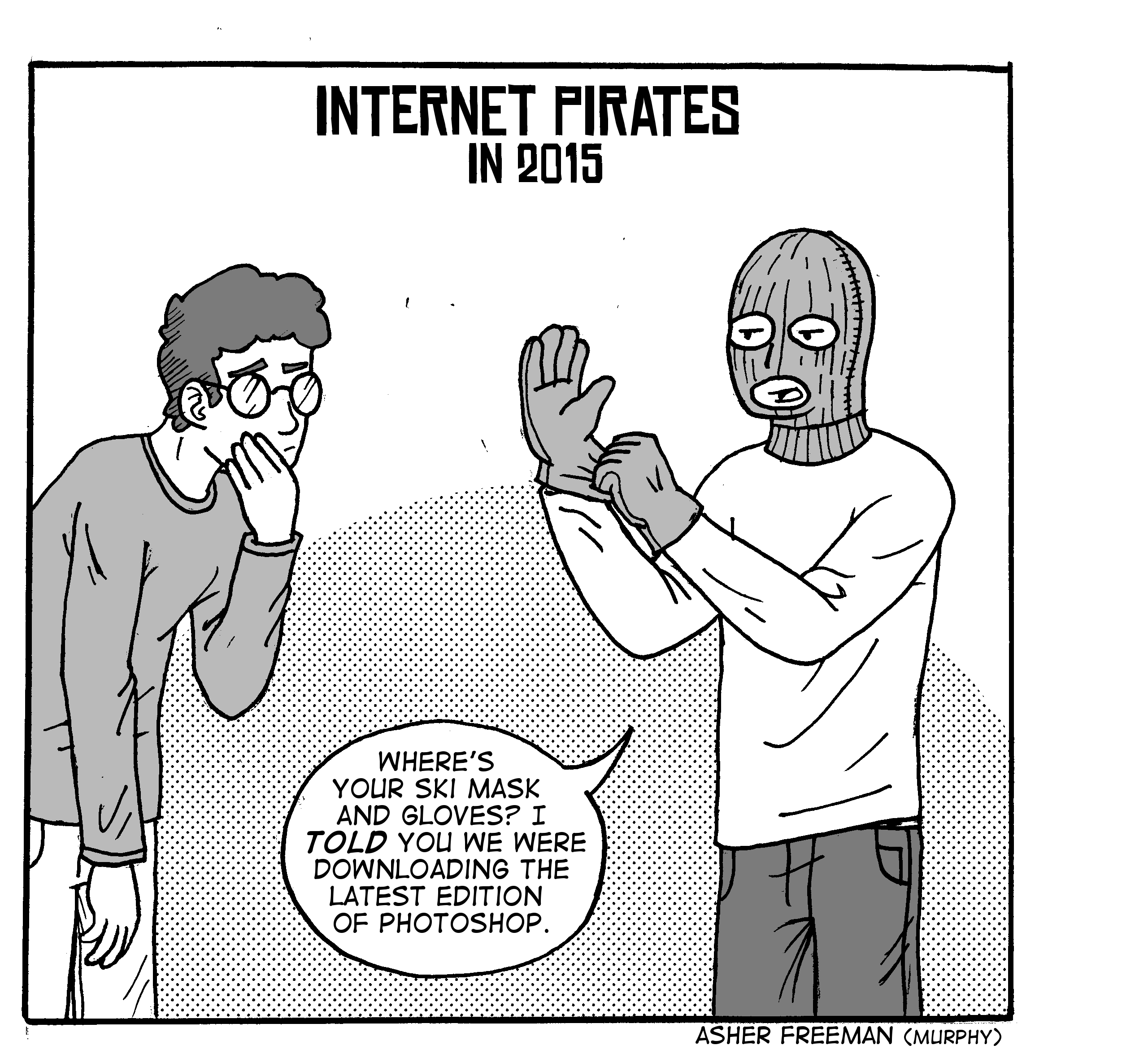 On Sept. 10, Apple’s CEO Tim Cook unveiled two buzz-worthy upgrades to its phone family set for a Friday release — the iPhone 5S and iPhone 5C.
On Sept. 10, Apple’s CEO Tim Cook unveiled two buzz-worthy upgrades to its phone family set for a Friday release — the iPhone 5S and iPhone 5C.
Although they will have similar features to the existing models, the new iPhones will run on the revamped iOS7 software, which includes a fresh design and layout.
The iPhone 5S will also include biometric data sensors called Touch ID to access the phone, rather than using the traditional pin number or simple swipe. Essentially, users can easily use their own fingerprint to unlock their phone.
On top of which, Touch ID can also be used for purchases in Apple’s iTunes or App store.
Not only will the system unlock the phone, it will now be linked to a credit card number from the Apple ID account every iPhone user has.
Since its unveiling, questions of privacy and security have come up regarding this new technology. In an article from The Wall Street Journal, Apple assures consumers that there is no cause for concern. In fact, it claims Touch ID will only store “fingerprint data,” hidden in the phone’s processor and inaccessible to the company or anyone else.
Biometrics is probably the most fallible way of protecting privacy. It’s impossible to conceal information so delicate and unique without serious repercussions. It seems more likely that not just hackers can access iPhone users’ identities; the real threat is now Apple and its affiliates.
Without sounding apocalyptic, Apple doesn’t seem to understand the magnitude of what it just launched.
Yes, it may seem like a harmless new toy with futuristic technology, but the severity of what it could lead to is blatantly undeniable.
Apparently the NSA scandal, which put privacy and government protection concerns on high alert earlier this summer, has disappeared from the minds of consumers who are now all too eager to watch the new iPhone fly off the shelf.
If there’s a way to access or monitor every phone call or text ever processed. It is foolish to think a measly fingerprint can’t be accessed just as easily.
Though Apple claims it does not have privileges to them, the fingerprints are somehow stored in the phone, and if any phone can be tracked, so can the data that it holds.
Technology today provides ample opportunity for hackers to easily access information.
If a lousy fingerprint is all that stands between them and an iPhone user’s personal information, where else will this “upgrade” lead?
With the system’s tagline, “Inspired by flawless design,” Apple can perfectly woo its ever-faithful clientele. The problem is Apple knows people will buy whatever it puts out — good news for them, bad news for this culture of blind overconsumption.
If biometric data is the way of the future, security on any level is doomed. It’s an easy fix to change the password on a hacked Facebook, but once an account using a fingerprint is breached, an entire identity is compromised.





